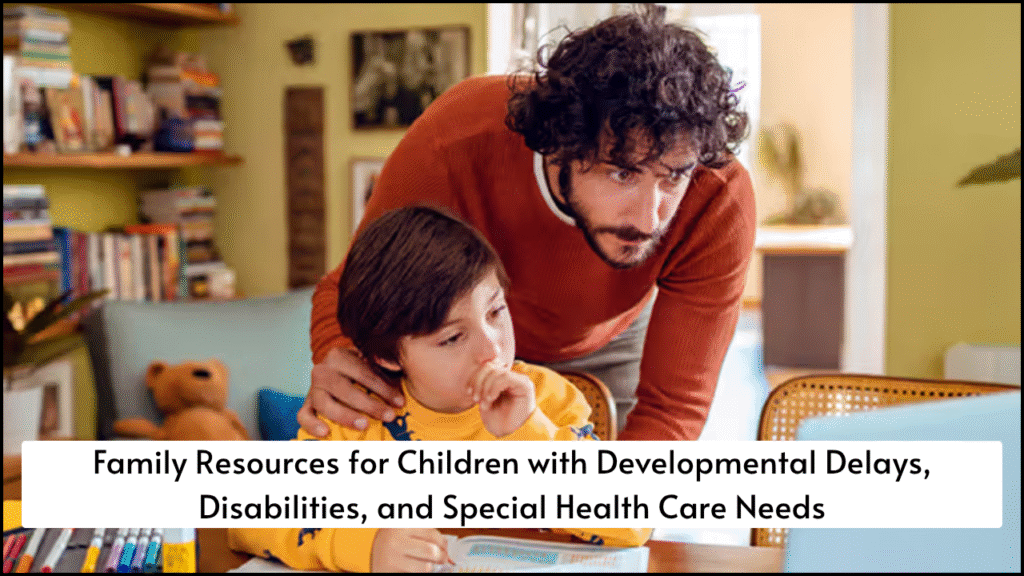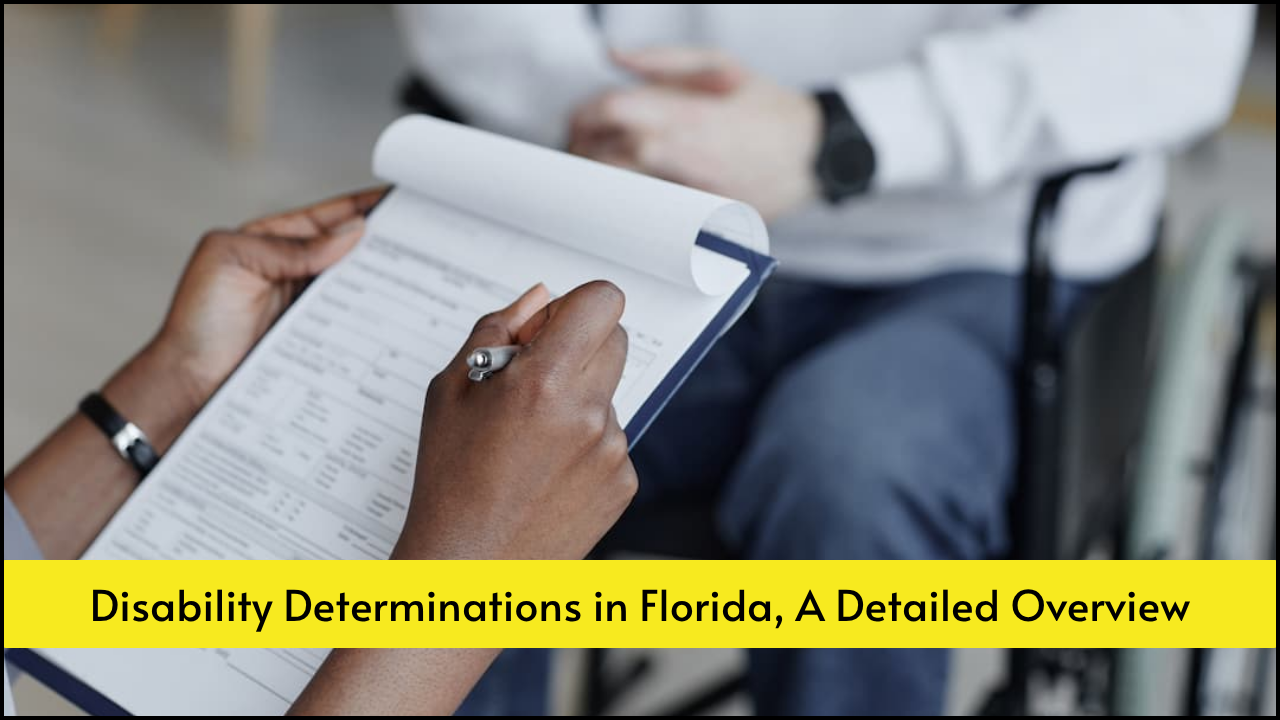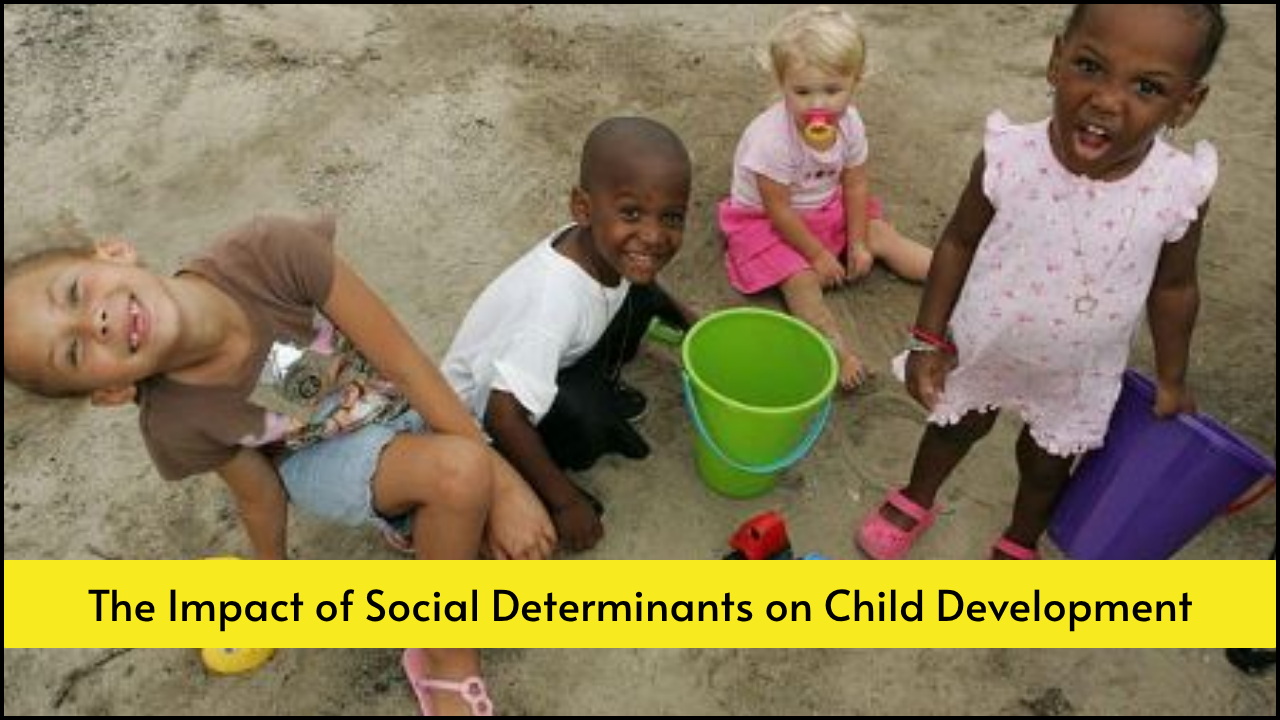
Families raising children with developmental delays or disabilities often face challenges that require specific support, timely intervention, and reliable guidance. Navigating healthcare systems, educational support, and early intervention programs can be overwhelming. The “Family Resources” portal serves as a comprehensive guide, offering state and national-level information designed to assist families at every stage of their journey. This resource primarily focuses on the Early Steps program, with downloadable flyers, videos, and procedural information in both English and Spanish to ensure accessibility for all communities.
Table of Contents
Key Features of Family Resources
- State and National Support Tools for families with children who have developmental challenges.
- Early Steps Program Materials covering enrollment, referrals, billing, and procedural rights.
- Bilingual Accessibility ensures that information is available in both English and Spanish.
- Multiple Resource Formats, including posters, flyers, videos, and procedural guides.
- User-Centric Design that encourages parents to self-navigate based on their immediate concerns.
Early Steps: Overview
The Early Steps program is Florida’s early intervention system that offers services to infants and toddlers (birth to 36 months) with developmental delays or a diagnosed condition likely to result in a delay. This program is family-centered, focusing on empowering caregivers to actively participate in the development and therapy of their child.
Benefits of the Early Steps Program
- Services are provided in natural environments, such as home or daycare.
- Interventions tailored to each child’s unique needs.
- Focus on family participation as part of therapy sessions.
- Helps build skills that enhance future school readiness.
Downloadable Resources Available for Families
| Resource Name | Format | Language | Purpose |
|---|---|---|---|
| Early Steps Referral Poster | Poster | English | Visual guide encouraging referrals to the Early Steps program |
| Early Steps Referral Poster – Spanish | Poster | Spanish | Spanish-language version of the referral poster |
| Early Steps Referral Flyer | Flyer | English | Information flyer detailing steps to access Early Steps services |
| Early Steps Referral Flyer – Spanish | Flyer | Spanish | Spanish-language flyer for broader outreach |
| Early Steps Enrollment Roadmap – Spanish | Flyer/Roadmap | Spanish | Step-by-step Spanish guide for enrollment into the program |
Multimedia Educational Videos
| Video Title | Language | Description |
|---|---|---|
| Early Steps Welcome Video | English | Overview of the program’s mission and benefits |
| Early Steps Welcome Video – Spanish | Spanish | Spanish translation of the introductory program video |
| Early Steps Procedural Safeguards Video | English | Explanation of the legal rights and safeguards provided to participating families |
| Early Steps Insurance & Billing Video | English | Breakdown of insurance usage and billing expectations |
| Early Steps Insurance & Billing Video – Spanish | Spanish | Accessible guide to insurance and billing in Spanish |
Procedural Safeguards and Legal Rights
- Families are provided with clear legal safeguards ensuring transparency and parental consent before services begin.
- Video explanations allow for visual understanding of due process rights, dispute resolutions, and privacy protection.
- These protections support the idea that parents must be active decision-makers in the developmental support of their child.
Accessibility Across Languages
- All critical materials are translated into Spanish to ensure linguistic inclusion.
- Spanish-speaking families can engage with bilingual flyers, videos, and roadmaps, minimizing confusion and cultural disconnect.
- Providing dual-language resources creates equal access to services, regardless of a family’s first language.
Role of Visual and Digital Resources
- Posters serve as community outreach tools in clinics, schools, and community centers.
- Flyers act as quick-reference guides, ideal for first-time users or caregivers seeking immediate answers.
- Videos provide a deeper understanding through visual narratives, suitable for those who learn better through multimedia content.
Guided Enrollment Roadmap
- Spanish roadmap offers detailed instructions for enrollment, helping families understand timelines, paperwork, and procedural steps.
- This roadmap demystifies the administrative process and ensures no family is left without support due to a lack of information.
How Families Can Use These Resources
- Begin by identifying the area of concern (referral, enrollment, billing, legal rights).
- Select the resource format that matches your preference (flyer for quick info, video for visual guidance).
- Access materials in your preferred language to ensure clarity.
- Use procedural guides to understand rights and obligations before engaging in services.
Community Involvement Encouraged
- Schools, health clinics, and early care centers are encouraged to display posters to boost awareness.
- Flyers can be distributed during parent-teacher meetings, pediatric checkups, or community outreach events.
- Videos are effective tools for family workshops and parenting support groups.
Future Scope of Resources
- Continuous updates to ensure compliance with federal guidelines and the evolving needs of families.
- Expansion of language offerings to support non-Spanish-speaking immigrant populations.
- Integration of interactive digital tools, such as quizzes and live chat support, for real-time assistance.
Why Family-Centered Resources Matter
| Aspect | Impact |
|---|---|
| Parental Involvement | Builds stronger developmental outcomes through active participation |
| Accessible Information | Reduces stress by providing clear, easily understood material |
| Legal Awareness | Empowers parents with knowledge about their rights |
| Language Inclusivity | Promotes fairness by addressing the needs of diverse populations |
| Multiformat Delivery | Accommodates different learning preferences (visual, textual, auditory) |
Looking Ahead
Family-centered support tools, such as those provided through the Early Steps program, serve as lifelines for caregivers navigating the complex world of developmental health care. Comprehensive, bilingual, and visually engaging resources ensure that every family—regardless of background—can find the answers they need and access the support their child deserves. Empowerment begins with information, and these tools provide exactly that: clarity, guidance, and confidence for families taking crucial steps toward their child’s development.





